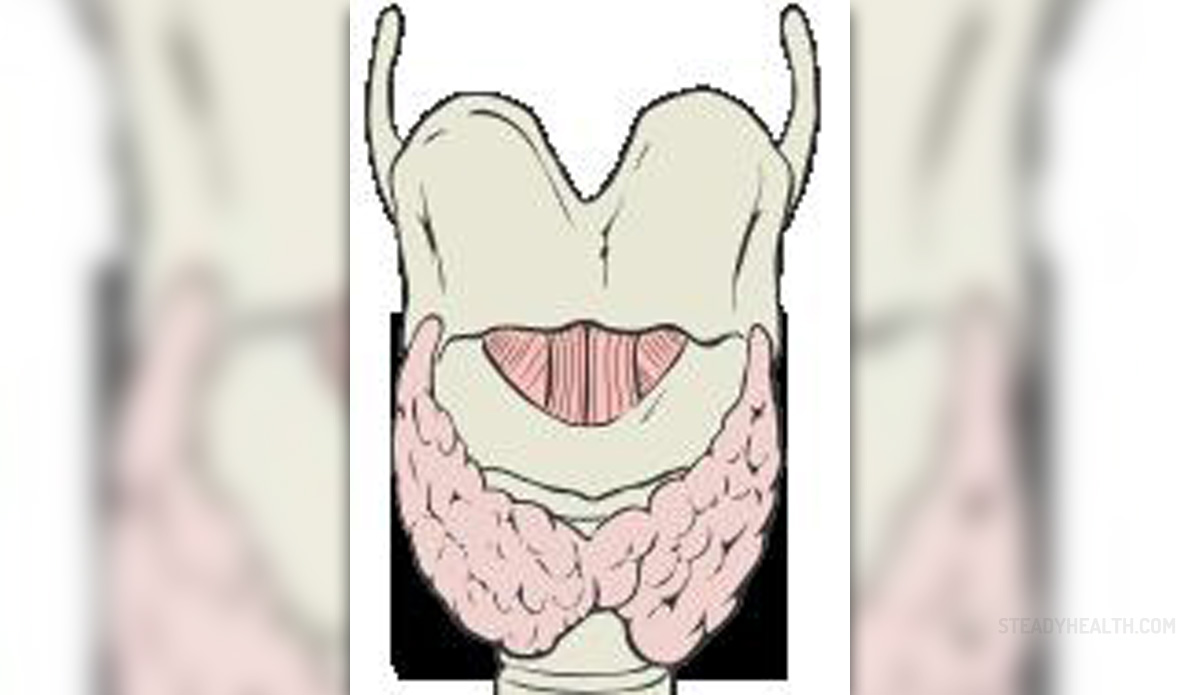
The thyroid gland is a small butterfly-shaped organ positioned in the neck, just below the Adam’s apple. It belongs to the endocrine system. The thyroid gland secretes hormones thyroxine (T4) and triiodothyronine (T3) that aid in temperature regulation, metabolism and body growth. Production of thyroid hormones is controlled by thyroid-stimulating hormone (TSH) synthesized by the pituitary gland.
The thyroid is susceptible to different diseases and disorders that are generally marked by abnormality in production of thyroid hormones. This can be due to disorders of the pituitary gland, iodine deficiency or use of certain medications. Sometimes, thyroid disorders occur when the body’s immune system mistakenly attacks the thyroid. These disorders are called autoimmune thyroid disorders.
Autoimmune Thyroid Disorders Overview
Autoimmune diseases develop when antibodies cannot distinguish between healthy tissue and foreign bodies and attack and destroy body's own cells. In autoimmune thyroid disorder the immune response targets the thyroid gland. Autoimmune thyroid disorders are Hashimoto’s thyroiditis, Grave’s disease, Hashitoxicosis and autoimmune atrophic thyroiditis. The cause of these disorders is unknown but it is believed they may occur due to a combination of genetic predisposition and environmental factors.
Hashimoto’s ThyroiditisHashimoto’s thyroiditis, also known as Hashimoto’s disease, is an autoimmune thyroid disorder featured by inflammation of the gland and decreased production of thyroid hormones. Hashimoto’s disease can run in families and be triggered by a virus or bacterium. Hashimoto’s thyroiditis is a condition of hypothyroidism and causes cold intolerance, weight gain, fatigue, depression, constipation, hoarse voice and enlargement of the thyroid gland (goiter). Another autoimmune thyroid disorder, atrophic thyroiditis causes the same symptoms like Hashimoto’s disease except for goiter. Hashimoto’s disease is treated with synthetic thyroid hormone levothyroxine.
HashitoxicosisHashitoxicosis is a rare, intermittent condition, that develops in patients with Hashimoto’s disease. The condition represents sporadic spells of hyperthyroidism that occur along with hypothyroidism. Hashitoxicosis develops when thyroid hormones get released into the bloodstream while the immune system destroys thyroid cells. Thyroid hormone replacement is used in treatment of Hashitoxicosis.
Grave’s Disease
Grave’s disease is an autoimmune thyroid disorder characterized by overstimulation of the thyroid and excessive production of thyroid hormones. It is a type of hyperthyroidism and causes excessive perspiration, anxiety, heat intolerance, insomnia, diarrhea, weight loss, increased appetite, hand tremor, rapid heart beat, hypertension and enlargement of the thyroid gland. Women with Grave’s disease also experience changes in menstrual cycles. Additionally, this disease may cause protrusion of the eyeballs. Treatment for Grave’s disease involves radioactive iodine therapy and medications like beta blockers to reduce the symptoms.











-In-Infants-And-Older-Children_f_280x120.jpg)


-And-Children-16-Warning-Signs-And-Symptoms_f_280x120.jpg)


Your thoughts on this
Loading...